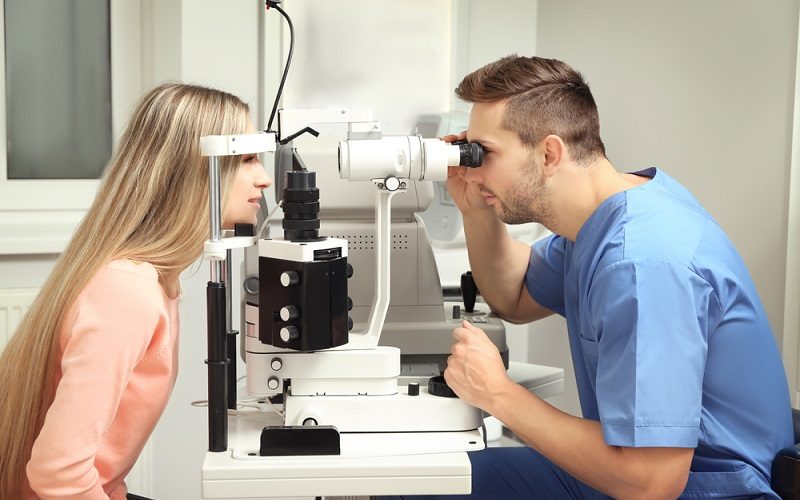
July 13, 2020
The eye test is a must to keep your eyes healthy. It helps in knowing whether you have to begin wearing glasses or need to change your remedy apart from recognizing some basic ailments. It is prudent to go for vision testing like clockwork. Ordinary vision tests with an optometrist can help ensure your eyes are healthy. They can get issues with your eyes before you notice anything.
You need not require a specialist’s referral to see an optometrist for eye tests. Getting your vision tested is a significant piece of your eye wellbeing. Optometrists and other eye wellbeing experts can assist you with distinguishing any progressions or issues with your vision and guarantee you are getting the help you need. Medicare provides discounts on vision testing fees for all Australian citizens.
When to Go for an Eye Test?
Optometrists and ophthalmologists are medicinal services experts who can test your eyes and analyze and treat vision issues. If you notice any complication in your vision, fall into a specific age bracket, or have begun encountering some of the issues listed below, it’s ideal to book an eye test arrangement at the earliest opportunity: 1. Age-related – A few people over 40 and who have a family ancestry of glaucoma and those over 60 are extra prone to confronting eye-related problems. 2. Youngster’s eye care – Many kids will begin requiring eye solution, as this is a prime time for the development of partial blindness or nearsightedness. It’s essential to urge young people to start regular customary eye assessments. 3. Pregnancy-related – During pregnancy, the body experiences numerous progressions, and the eyes can be affected as well. Changes in hormone levels can prompt dry eyes, obscured or contorted vision, or spots and floaters. It is extremely important to have the vision tested multiple times during this phase. 4. Ailments in the body – Frequent eye test is advisable for a person who is grappling with the following ailments:- Diabetes
- High circulatory strain
- Stroke
- Neurological (cerebrum and nerve) conditions.
- Nearsightedness or partial blindness – trouble concentrating on objects that are out there
- Long-sightedness (hyperopia) – trouble concentrating on close objects
- Astigmatism – obscured or misshaped vision at all separations.
- Macular degeneration – loss of vision in the focal point of your field of view
- Glaucoma – expanded weight in the eye that can cause loss of vision.
- Retinal separation – the back layer of the eye (retina) isolates from the layer of veins.
- Cataracts – obfuscating of the focal point of the eye.
- Checking your capacity to see subtleties a way off and very close
- Testing your fringe and shading vision
- Checking the muscles around your eyes to ensure they are cooperating
- Looking at the outside and within your eyes for any issues
Related Items: eye test Glen Iriseye test melbourne





